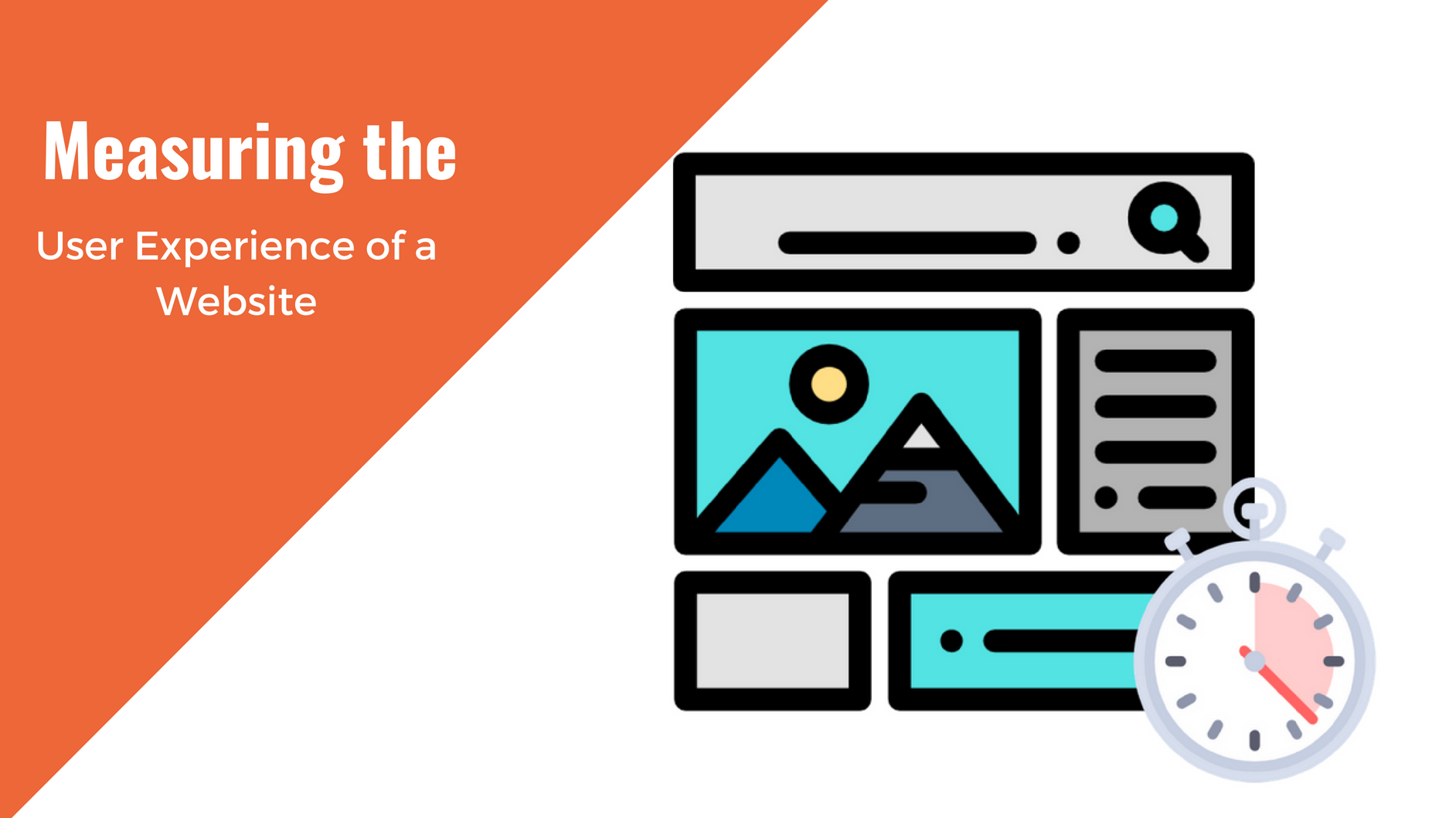Navigating through SEO (search engine optimization) can be complicated. What’s more complicated is learning to use SEO to your advantage. Check out these 7 statistics to see why SEO is so important.
SEO is the process of obtaining traffic to your website through search results on search engines like Google and Bing.
Search engine algorithms rank every website and produce results that are the most relevant to your search term(s). By utilizing relevant keyword phrases when you publish pieces to your website, you can climb the ranks and gain traffic.

Not convinced that your company could benefit from SEO?
Here are 7 seo statistics that prove otherwise:
Statistic 1: If your website is not listed on the first page of search results, you may only be reaching 25% of your potential audience.
That’s right: Your company could be missing out on 75% of people who never scroll past the first page of results on search engines. Using meta descriptions, images, and internal links are an easy ways to boost your page’s search ranking.
Statistic 2: The majority of marketers (72 percent!) describe content creation as their most effective SEO tactic.
SEO and content creation go hand in hand. By creating original content for your website – such as a social RSS feed, blog, or photography and digtal media – you can optimize your website’s traffic and viewability, drastically.
Statistic 3. And on the same grounds as statistic 2, original content creation could boost your sales!
Research shows that 47% of consumers view approximately 3 pieces of original content before reaching out to a point of contact from that company. When creating content it is important to share the piece on all relevant social media pages: a sure fire way to reach a broader audience. Furthermore, organize your content in a logical and concise way. The longer the visitor views the site, the better!
Statistic 4. Bounce rates increase by 50% if your website takes too long to load.
If you page takes too long to load there is an increased chance your user will navigate away from your site, which will lead to a higher bounce rate. What is considered too long? Only 2 extra seconds past the average wait time of 6 to 10 seconds! Maintaining and updating your website frequently will not only keep your website running smoothly, but will also increase your click rates and rank on search engines.
Statistic 5. Does it really pay to play?
Time and money are limited resources which must be invested in the right place. Research shows it does not pay to dish out money for paid advertisements. In fact, a whopping 70-80% (!!!) of people chose organic, ranked search results and ignored paid search results.
Statistic 6. Having a mobile friendly site is a necessity.
Approximately 87% of people who own a smartphone use a search engine at least once a day to find information or businesses and products. Without a responsive website you are targeting only roughly 12 percent of the population.
Statistic 7. Paying attention to local search engine rankings can boost your clientele and profits.
Search engines are constantly updating the algorithms of their ranking systems, including local search ranks. With the update Pigeon on Google, businesses are able to compete on a local level. Research shows that 72% of consumers who performed local searches typically chose a business in a 5 mile radius. Take advantage of this tool by adding your location into your website and the appropriate keywords and search terms.
 |
| Google Images |
You may also be interested in…
You May Also Like

Having a website is an absolute necessity for any business. Gone are the days when you could simply update your website once and forget about it for months on end. In today’s ever-changing digital landscape it is important to constantly track and measure how well your website performs, as well…
read more >
Thomas Bertram (T. Bert) Lance famously said, "If it ain't broke, don't fix it." Unfortunately, T. Bert Lance couldn’t foresee the future. He didn’t know that over 94% of Americans would be on the internet by 2024. If your website doesn't receive periodic updates or isn't accessible, users can become…
read more >

